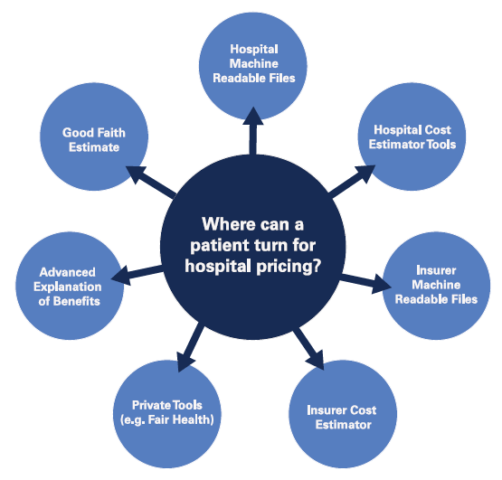A New Model for Healthcare Delivery
Healthcare systems around the world are being transformed as they move away from traditional fee-for-service models. Providers are now incentivized based on the quality of outcomes. The shift toward value-based care ensures that they are rewarded for the quality rather than the volume of services delivered. This model ensures that patient well-being is prioritized while reducing unnecessary procedures and expenses. As a result, healthcare is becoming more efficient and patient-centered, addressing long-standing inefficiencies in the system.
The Push for Cost Transparency
In recent years, there has been a growing demand from both patients and policymakers for greater transparency in healthcare pricing. Many individuals have been burdened by unexpected medical bills, leading to calls for clearer communication about costs upfront. Efforts are being made globally to standardize pricing structures and make healthcare expenses more predictable. By doing so, unnecessary expenditures are being reduced, and financial barriers to accessing care are gradually being dismantled.

Universal Health Coverage Takes Center Stage
Universal Health Coverage (UHC) has become a key goal for many nations. They strive to ensure equitable access to essential health services. Policies aimed at achieving UHC focus on eliminating financial hardship caused by medical expenses. Progress is being made through government initiatives, international collaborations, and advocacy groups working together to expand healthcare access. While challenges remain, the commitment to UHC reflects a broader vision of healthcare as a fundamental human right.
Challenges in Transitioning to Value-Based Models
Though the benefits of value-based care are widely acknowledged, transitioning to this model is not without its hurdles. Healthcare providers must adapt to new performance metrics, and robust data systems need to be established to track outcomes effectively. Additionally, resistance from stakeholders accustomed to traditional payment models can slow progress. Despite these obstacles, the potential for improved patient outcomes and reduced costs continues to drive adoption worldwide.
Technology’s Role in Enhancing Value-Based Care
Technology plays a pivotal role in enabling the success of value-based care models. Electronic health records (EHRs), artificial intelligence, and predictive analytics are being utilized to monitor patient progress and measure outcomes accurately. These tools help streamline administrative processes and enhance decision-making, allowing healthcare professionals to focus more on delivering high-quality care. With advancements in digital health solutions, the implementation of value-based care is becoming increasingly feasible.
A Global Movement Toward Sustainable Healthcare
The transition to value-based care represents a significant step toward creating sustainable healthcare systems globally. This approach aligns with broader goals. These goals include improving public health and economic stability. It does so by emphasizing preventive measures, reducing waste, and ensuring affordability. Countries pursuing universal health coverage are integrating value-based principles into their frameworks. They demonstrate a unified effort to provide accessible, high-quality care. As momentum builds, the future of healthcare looks promising, with patient needs firmly at its core.









Leave a Reply